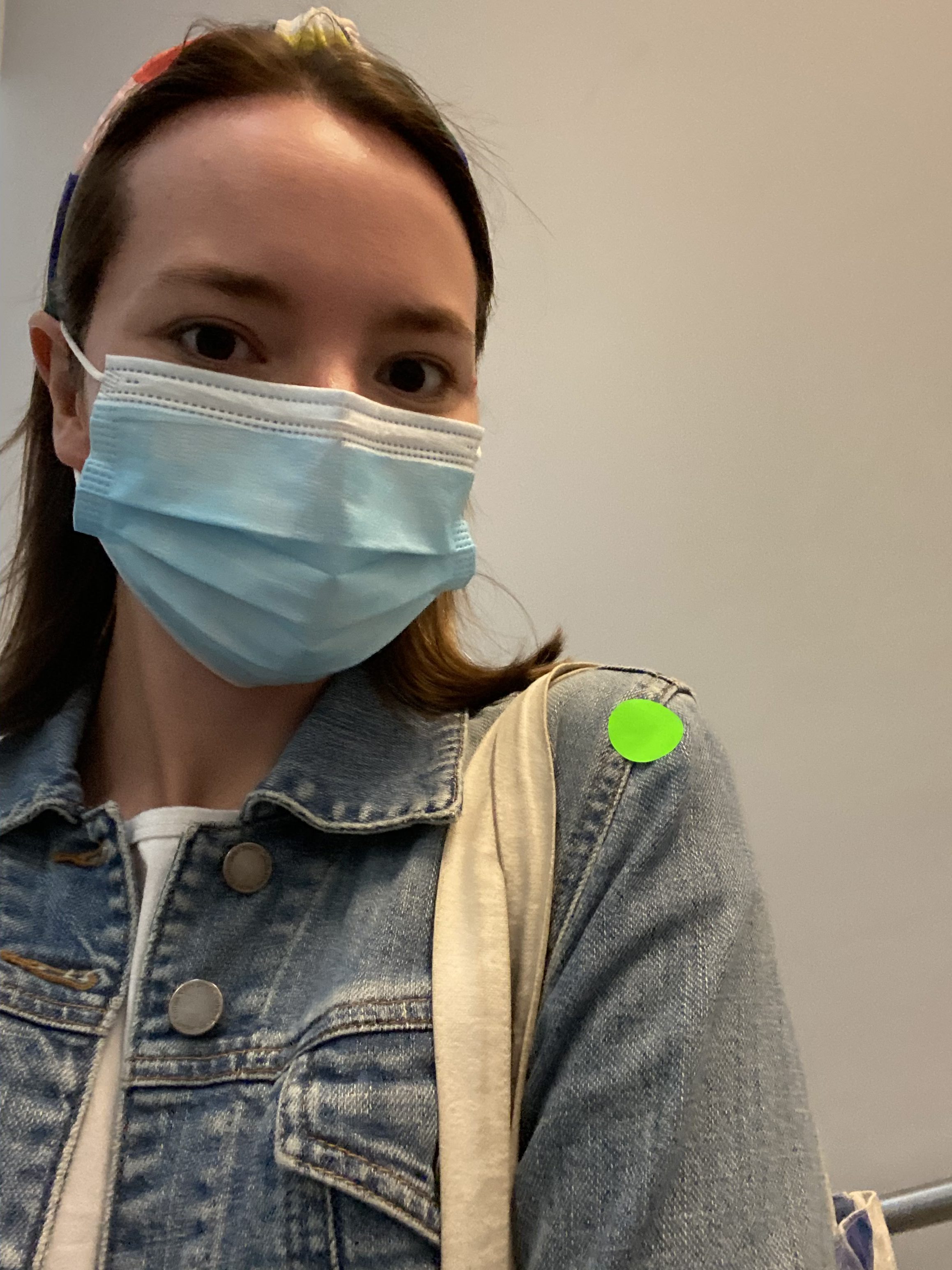Travel use to be one of my greatest pleasures, and it still is but as we now live in the age of COVID.
Travel has taken on a new level of annoyance and hassle that previously was uncommon in our modern age. The actual documentation and requirements for travel are not all that difficult what is cumbersome and irritating is the speed with which restrictions can change and bureaucratic machinery can function. I have made multiple trips post COVID, the first one entailed taking two small children my wife and all my worldly possessions across the ocean to start my PhD program. This trip was delayed by close to 6 months because my daughter having come into the world in May of 2020 did not have a passport or birth certificate for the first six months of her life. The bureaucratic machinery was frozen by COVID restrictions. Then there was the need to get the rest of our UK visas. This was another adventure as all bookings needed to be done remotely through a cumbersome and dysfunctional website then the actual documents were delayed in shipping causing us to miss our flights twice. Then of course upon arrival there was the adventure of being trapped in a small apartment with two children under 4 for 14 days. Which actually was a fun experience as children’s imaginations can help pass the time in the most spectacular ways.
We all hoped these restrictions would go the way of the much lamented Dodo, though without any mourning as soon as vaccines came into mass use. Sadly recent events have shown that travel uncertainty will likely remain with us for some time. On my way to my first in person academic conference in Paris recently I was beset by a rapid shift in restrictions and requirements most of which happened while I wasn’t looking. Having checked the requirements the Friday before I was unpleasantly surprised to see following Monday they were completely different. So I rapidly set about fulfilling the various demands. New travel documents, a COVID test the correct vaccination forms etc etc etc. I thankfully managed to do all of this though it increased the cost of the trip significantly. In retrospect it might have been wiser to simply participate in a online format, but I had already booked my train and my hotel and frankly I was Zoomed out. So off to Paris I went.
The lesson here for anyone else planning travel especially for work or research purposes is to be very mindful of how rapidly the situation can change. As depressing as the news is these days it is important to pay attention to what is happening, and to identify reliable websites which will keep you up to date with all the necessary requirements. In my case the train provider even sent a helpful check list of what I needed to have in advance of my travel. At the same time though it is probably wise to adopt a attitude of trust but verify when planning any foreign travel. Check to make sure you comply with all restrictions, but be prepared for a sudden and dramatic change in circumstances.
It is also important though to be mindful of the potential cost and pitfalls of travel. A short trip of a few days to a relatively close interconnected country probably runs a much less serious risk than a longer stay in a destination further afield. That said though we must not fully give up our desire to travel. While many options to compensate for travel now also exist such as online conferences and digital archives they cannot fully replace what one will reap from visiting distant places.
The motto of LSE is after all to understand the cause of things. It is far harder to understand the cause of things if one restricts themselves to one place when so much lies just beyond the horizon.





